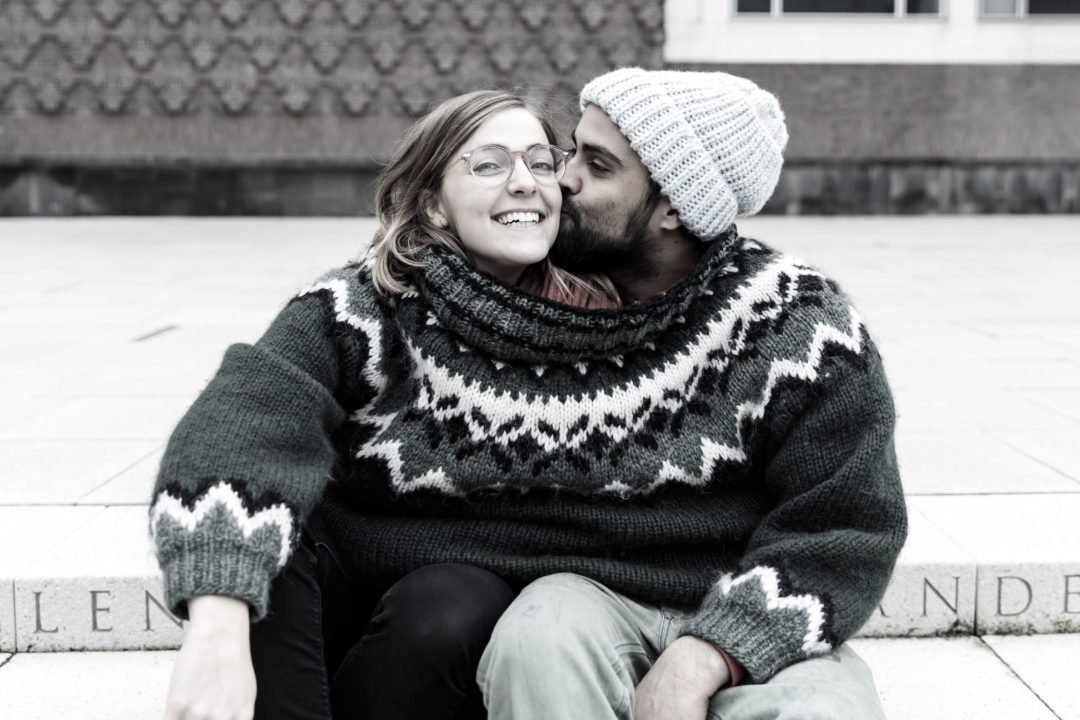The paradox of dependence in relationships
How do you feel about the word dependence? Even typing it right now feelings arise associated with the negative connotations. It’s good to be dependable, but not so good to be dependent. We have learnt to value independence, looking up to those who are self-reliant, self-sufficient, standing strong on their own and letting others lean on them. But we don’t want to be the ones who are doing the leaning… to be dependent, that’s being weak, needy, spineless.
However, the paradox with dependence is that “the more effectively dependent people are on one another, the more independent and daring they become” (quoted from Attached by Levine and Heller).
So, this week we challenge you to be more dependent.
In Sweden the value of independence is deep routed in culture. In fact, The World Values Survey places Sweden as an extreme country in having high self-expression (as opposed to survival) values and high secular-rational (as opposed to traditional) values. The trend is, as countries develop, their value system becomes more like Sweden’s… among other things, more independent.
Stockholm has been said to be one of the most single cities in the world with about 50% single occupant homes (according the Eurostat). Loneliness is apparently a huge issue, especially if you look at the rather overly-dramatic documentary, The Swedish Theory of Love.
What we see as matchmakers, is that people want to be more connected. And they are connected to a large extend, often having great long-term connections. However, when one finds themselves single (or needing new connections), it becomes hard because you should not need anyone, you should be happy on your own, you can’t depend on others for happiness.
Or maybe we’ve been taught wrong. Happiness is about others. Happiness is about good relationships (not just romantic). And relationships are about being dependent.
We see that it can be a struggle to depend on others.
In the 1940s parents were warned not to mollycoddle their children too much because they would turn out needy and insecure. Children in hospitals were actually kept away from their parents to avoid spoiling them with too much affection. John Bowlby, who brought us Attachment Theory, thought this was not quite right (to minimise his work ridiculously), that maybe the reverse is true – a healthy child is one who receives lots of love and attention and those who experience distance or unpredictability from their care givers become ‘needy’ and ‘insecure’.
Feels like there could be a parallel here. Right? Just like in the 40s when kids were denied their emotional needs, we are denying that as adults we have the same emotional needs – to be attached. And yes, attachment is boring – it is trust, safety, security, predictability, to know that I can depend on you – but it is a need.
It’s more than just being open and vulnerable. We are at an advantage when we are dependent on each other. Here at The Matchmaking Agency, we may talk a bit too much about the Harvard research (Grant and Glueck study) suggesting we are happier, healthier and wealthier with good relationships. There is also research that suggests couples can regulate each other’s emotional well-being – holding your partner’s hand can significantly reduce our stress in response to a difficult situation – check out Jim Coan.
True strength is about being able to hold others but also being able to be held. It is accepting that we are social animals with social needs and daring to get these needs fulfilled.
“The more effectively dependent people are on one another, the more independent and daring they become”.

